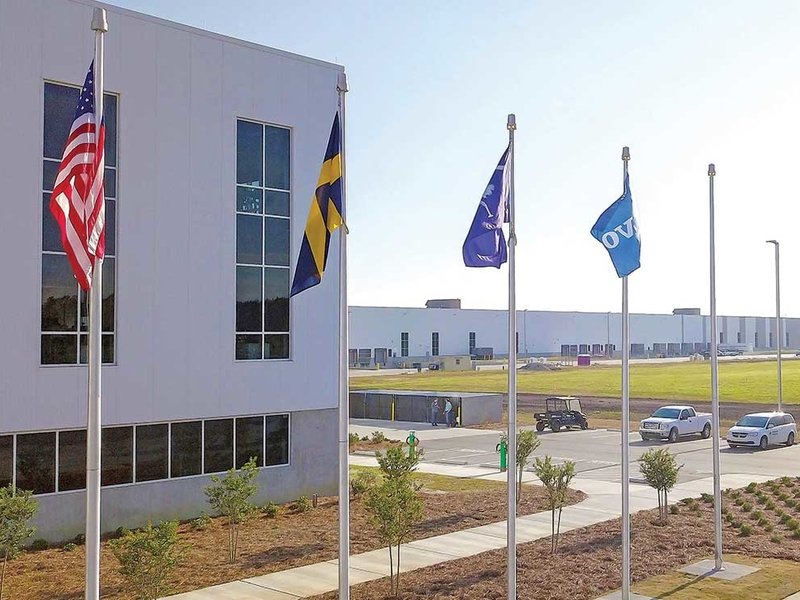
European automakers are gauging the impact of last week’s U.S. ban on travel to and from most of Europe — a critical issue for automakers and suppliers with operations, projects and management teams on both continents.
But their immediate response last week showed little real worry.
The ban was one of several measures announced by President Donald Trump to combat the spread of the COVID-19 pandemic. The ban will prevent most foreign nationals from entering the U.S. if they have traveled in the previous 14 days to any of 26 European countries, including France, Germany, Italy and Sweden.
The announcement caught European automakers off guard, just as it did political leaders in the affected countries.
Mercedes-Benz, BMW, Volkswagen and Volvo have major U.S. operations, including design and engineering centers, R&D hubs, manufacturing plants and supply chains.
Automakers were reticent to publicly discuss how they will work around the travel ban, or how the disruption might affect their U.S. operations. A BMW spokesman declined to comment on the ban, and a Daimler spokesman said it was too early to know what the consequences will be.
The companies said they were still trying to understand how they will be affected.
Porsche Cars North America, headquartered in Atlanta, had already implemented a restricted international travel order and is not holding large gatherings. Porsche spokesman Marcus Kabel said the sports car maker continues to operate normally.
“Digital tools and telecommunications give us many avenues for productivity without physical proximity,” Kabel said.
Volvo spokesman Russell Datz said the travel restriction will not disrupt operations between Volvo Car USA and its global headquarters in Gothenburg, Sweden.
“Our ability to interact with our colleagues in Sweden and Europe is not impacted, as we utilize tools like online conferencing on a daily basis,” Datz said.